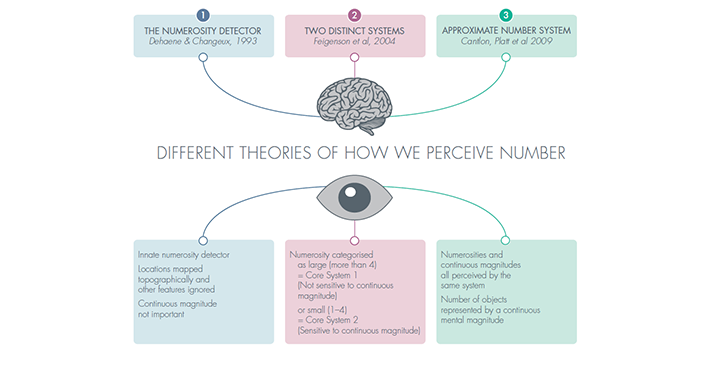30 January 2017

What is 'number sense' and how does it affect mathematics learning?
- Number sense is defined by counting, comparing and flexible thinking about number, although some researchers don’t agree on the exact definition
- Number sense is a foundation for maths learning
- Tests for aspects of number sense correlate strongly with later mathematical achievement
- Preschoolers generally learn about number in clearly defined stages
- Good number sense appears linked to high socio-economic status and these children also tend to go through developmental stages earlier
- Number sense can be improved by helping children make links and move between representations; board games can help
View Espresso View in Spanish View in Catalan